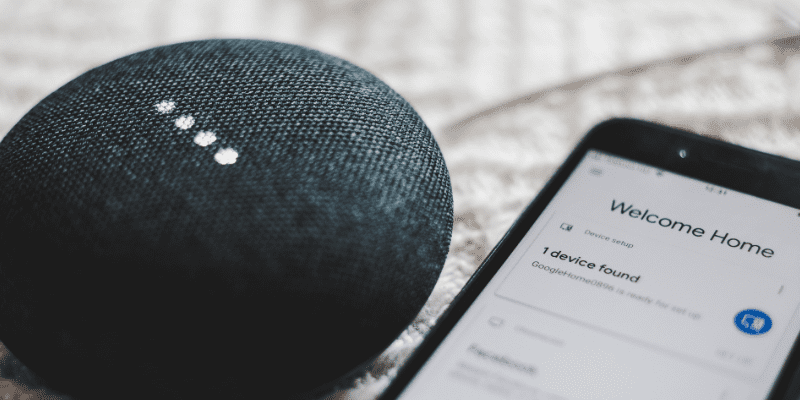Nothing removes iMessage Android app from Play Store amid security concerns
Nothing Chats was an app intended to give Android users a method of messaging others through Apple’s iMessage app, but the method in which they used to work around Apple’s security raised some eyebrows. And, just a short time after launch, Nothing removed their app from the Play Store to “fix several bugs”.
With how large of a company Apple is, it’s no surprise that they’ve got an iron grip when it comes to their exclusive hardware and software capabilities.
Article continues after ad
One of the biggest barriers between Android and Apple users is the prominence of iMessage, the main messaging app for iPhones. The Apple-exclusive messaging app has some concessions when it comes to messaging non-Apple phones like making Android users’ media lower quality when sent via messages.
So, Nothing sought to create a method of bypassing Apple’s hold in the area that’d give Android users access it. However, the way in which they went about getting around Apple’s identification raised some security concerns. Though Nothing has yet to address those concerns, they have removed the app from the store a short time after launch.
Article continues after ad
We’ve removed the Nothing Chats beta from the Play Store and will be delaying the launch until further notice to work with Sunbird to fix several bugs.
We apologise for the delay and will do right by our users.
— Nothing (@nothing) November 18, 2023
Nothing pulls iMessage app amid ongoing security concerns
MKBHD explained these security concerns in detail, but the gist is that Nothing and Sunbird’s workaround involves Sunbird storing data on a Firebase server. As a result, the data could be up for grabs if someone is able to get ahold of the token to log into the Mac connected to the server that makes the app’s workaround function.
Fewer Ads|Dark Mode|Deals in Gaming, TV and Movies, and Tech
Users have discovered a short line of code that can be used to download user data en masse from the Firebase server managing all…



